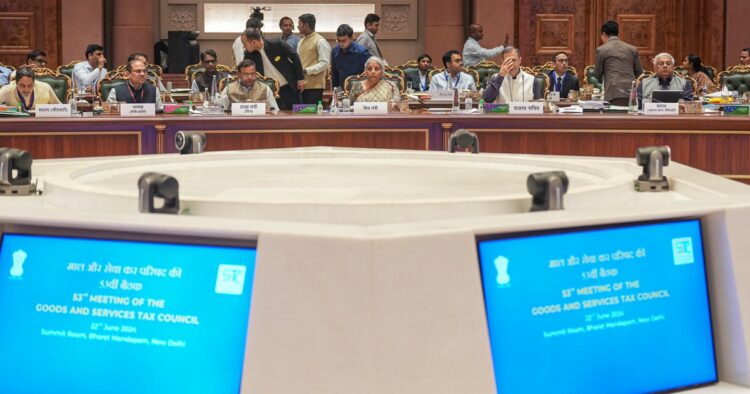The Bar Council of Delhi has petitioned Union Home Minister Amit Shah to delay the enforcement of three new criminal laws. These laws, which were introduced by a BJP MP and aim to modernize India’s legal framework, have sparked significant concern among legal authorities.
Scheduled to take effect from July 1, 2024, the laws are intended to replace the British-era Indian Penal Code, Code of Criminal Procedure, and Indian Evidence Act.
The Bar Council of Delhi has expressed that implementing these new laws would be against several Supreme Court judgments. In a letter, the Bar Council stated, “These amendments are in total defiance and utter disregard of Constitutional principles and Hon’ble Apex court verdicts.”
One major concern is the enlargement of the period for police detention from 15 to 60/90 days, which the Bar Council describes as “atrocious and oppressive.” In addition, the new laws grant police the power to handcuff individuals without court permission, which the Bar Council believes could create a sense of state terror among the public.
The Bar Council also argued that these laws, passed by the Modi 2.0 government, should not be implemented without the sanction and approval of newly elected bodies. With a new government taking office following the 2024 Lok Sabha Elections, the Bar Council insists that the current administration should have the opportunity to review and approve these significant changes.
The Bar Council highlighted specific provisions of the new laws that they believe violate human rights. For instance, the Apex Court has previously ruled that solitary confinement is violative of human rights, yet the new code introduces this practice.
ALSO READ: “Amit Shah Condoles Loss of Army Soldiers in Ladakh Accident”
The new laws bring a range of changes, including:
- Criminal judgments must be delivered within 45 days of trial completion, and charges must be framed within 60 days of the first hearing.
- Statements from rape victims must be recorded by a female police officer in the presence of a guardian or relative, and medical reports must be provided within seven days.
- Organized crimes and acts of terrorism are now defined, and sedition is replaced with treason.
- Video recording of all searches and seizures is mandatory.
- A new chapter addresses crimes against women and children, with severe penalties for offenses such as gang rape of a minor.
- New provisions criminalize false promises of marriage, mob lynching, chain snatching, and abandonment after sexual relations on a false promise of marriage.
- Reports can be filed electronically, and Zero FIR allows filing at any police station, regardless of jurisdiction.
- Arrestees have the right to inform a person of their choice about their arrest.
- Exemptions from attending police stations are made for women, persons below 15 years, persons above 60 years, and those with disabilities or acute illnesses.
The new criminal laws proposed by the Modi government aim to bring significant reforms to India’s legal system. However, the Bar Council of Delhi’s concerns about the potential negative impacts on constitutional principles and human rights have led to calls for a delay in their implementation.















Comments